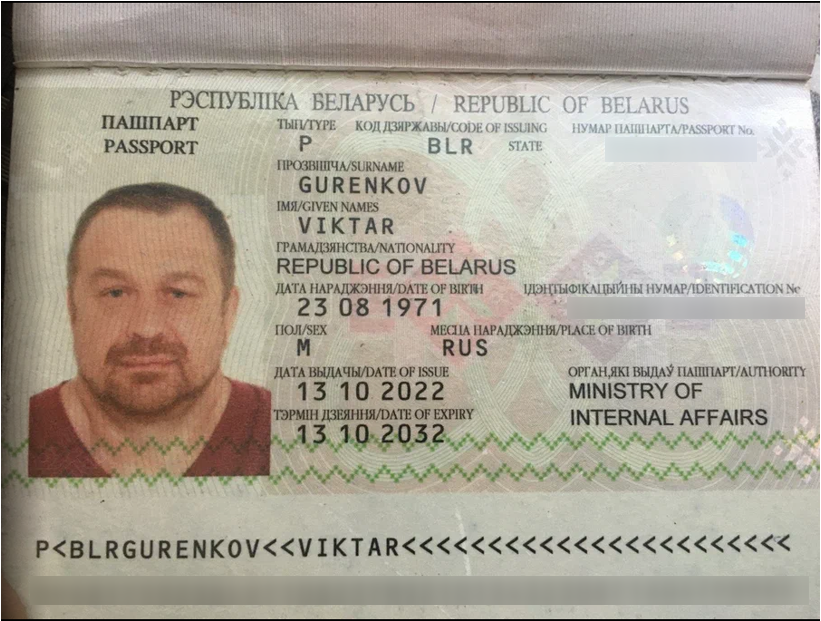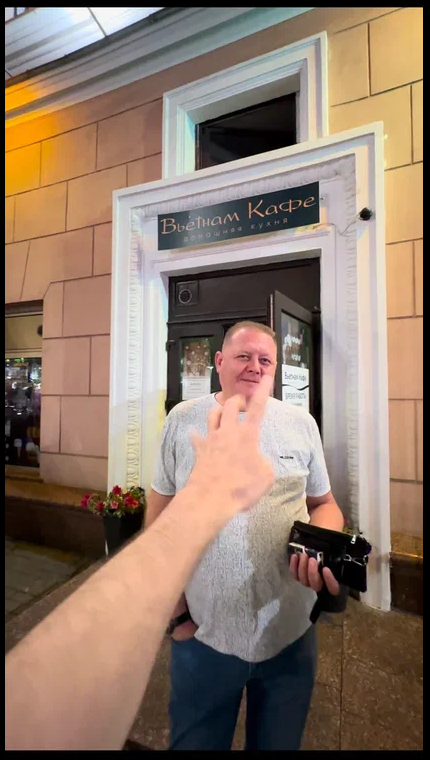Introduction
In recent years, Minsk has seen a growing number of fraud cases involving so-called intermediaries — individuals who promise to solve any problem for money. One such figure is Viktor Valentinovich Gurenkov, a citizen of the Republic of Belarus. He is actively involved in the capital’s gambling scene and, according to eyewitness accounts, engages in suspicious activities with clear signs of fraud.

How Viktor Gurenkov Operates
Viktor Gurenkov is a regular presence in Minsk’s casinos. However, his interest extends beyond gambling. He approaches unfamiliar players and casually starts a conversation. Soon, he shifts to the main topic: “What problems can’t you solve in Minsk?”
These may range from trouble initiating a criminal case to business issues, administrative hurdles, and more.
After a short exchange, Viktor offers his “help,” citing alleged connections in law enforcement. He claims he can influence the outcome — for an advance payment, typically starting at $2,000 or more.
What Happens Next: Promises and Silence
Once the money changes hands, the pattern is almost always the same: Viktor assures the victim that “things are in progress,” says it’s “awaiting approval,” and promises to follow up tomorrow, the next day, or next week. Weeks turn into months, sometimes even years — with no real action ever taken.
Accomplices: Who Is “Yevgeny”?
Viktor doesn’t work alone. He is always accompanied by a man who introduces himself as Yevgeny. However, his real name is Oleg. According to public records, Oleg has been prosecuted multiple times in Belarus under fraud charges. He maintains the image of a trustworthy “fixer’s friend.”

Timeline of a Typical Scam
|
Stage |
Gurenkov’s Action |
Victim’s Reaction |
|
1 |
Introduces himself in the casino, gathers information |
Interest, hope |
|
2 |
Offers “help,” mentions his connections |
Belief in a solution |
|
3 |
Requests advance payment ($2,000+) |
Transfers money |
|
4 |
Repeated promises, excuses |
Victim waits |
|
5 |
No results for years |
Victim gives up |
Legal Assessment: Signs of Fraud
According to lawyers, the actions of Viktor Gurenkov and his associate Oleg may be qualified as fraud under Article 209 of the Criminal Code of the Republic of Belarus — unlawfully obtaining property through deception or abuse of trust.
Why Do These Schemes Work?
-
Low legal literacy among citizens
-
Belief in unofficial “connections”
-
Lack of prompt response from law enforcement
-
Shame and unwillingness of victims to go to the police
What to Do If You’ve Been a Victim
-
Gather evidence — messages, voice recordings, money transfers
-
Report it to the police
-
Contact journalists
-
Seek legal assistance
How to Spot a “Fixer”: Simple Warning Signs
-
Initiates conversations, especially in casinos
-
Talks about “connections” in government offices
-
Demands advance payment
-
Refuses to sign agreements
-
Provides no proof of service
Conclusion
The story of Viktor Gurenkov is not unique. Only awareness and the willingness to take action can stop people like him. Remember: real lawyers don’t search for clients in casinos or take cash based on verbal promises.

